(This is the 4th and last article of my currently ongoing series about coffee. You find links to articles 1-3 at the bottom of the page.)
During its heydays, in France especially, but also in Germany, coffee was consumed in huge amounts by certain individuals.
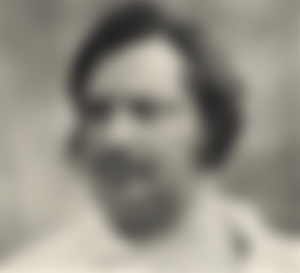
French novelist Honoré de Balzac (1799-1850) is said to have died by overconsumption of coffee. That is probably untrue, but the fact remains; he drank coffee all the time while he was writing, 12 hours per day. He probably reached over 50 cups per day. In "The Pleasures and Pains of Coffee" he wrote:
“Coffee is a great power in my life [...]”
and
“Coffee affects the diaphragm and the plexus of the stomach, from which it reaches the brain by barely perceptible radiations that escape complete analysis; that aside, we may surmise that our primary nervous flux conducts an electricity emitted by coffee when we drink it.”
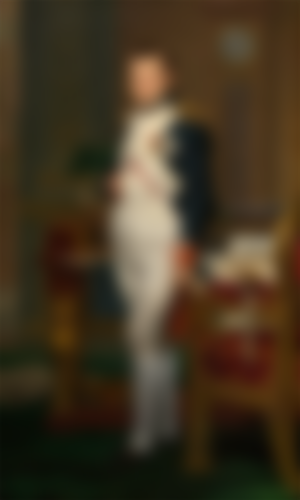
Emperor Napoleon (1769-1821), however, might possibly have died by his coffee drinking. Not because it was too much, but because it was too hot. He threw it down his throat almost boiling and certainly he must have harmed his stomach by that. Allegedly, he died by stomach cancer. It could have been caused by heat damage of the tissues in the stomach. In any case, it certainly contributed to his cancer. (Note late pictures of Napoleon; he often held one hand on the stomach, probably because he had pain there.)
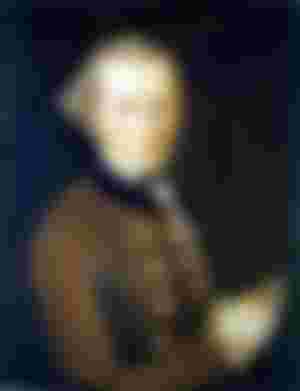
Immanuel Kant (1724-1804), the little man who was so sharp a philosopher but so childish, almost infantile, as a man, came to love coffee in his old days. Thomas De Quincey relates this anecdote:
“At the beginning of the last year of his life, he fell into the custom of taking, immediately after dinner, a cup of coffee. [...] Sometimes, in the interest of conversation, the coffee was forgotten, but not for long. He would remember and with the querulousness of old age and infirm health would demand that coffee be brought 'upon the spot'. Arrangements had always been made in advance, however; the coffee was ground, and the water was boiling; and in the very moment the word was given the servant shot like an arrow and plunged the coffee into the water. All that remained, therefore, was to give it time to boil up. But this trifling detail delayed seemed unendurable to Kant. If it were said 'Dear Professor, the coffee will be up in a moment', he would say 'Will be! There's the rub, that it only will be.' Then he would quiet himself with a stoical air, and say, 'Well, one can die after all; it is but dying; and in the next world, thank God, there is no drinking of coffee and consequently no waiting for it.' When at length the servant's steps were heard upon the stairs, he would turn round to us, and joyfully call out: 'Land, land! my dear friends, I see land!'”
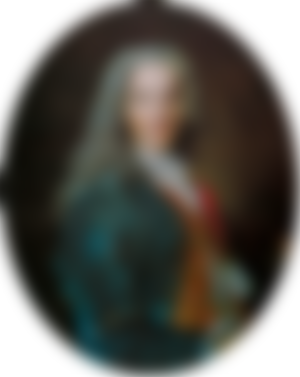
Voltaire (1694-1778) is said to have consumed 50 cups of coffee daily. Once someone claimed that coffee "was a slow poison", whereupon he replied:
"I think it must be, for I have been drinking it for 65 years and I am not dead yet!"
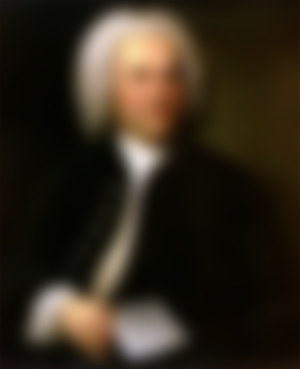
Another lover of coffee was Johann Sebastian Bach, who even composed a Coffee Cantata (with text by Picander). He preferred to have his inspirational daily dose of coffee in one of the "coffee houses" which were a successful novelty in his era, especially in Leipzig which was a cultural centre and very much en vogue at that time. For instance, Bach's favourite was "Zimmermannisches Caffee-Hauß" in Leipzig. Notice the spelling which was as typical then as was "Coffee", both stressed on the first syllable and ending on a long German "eh", therefore phonetically differing from the contemporary word "coffee" in English. Originally though, when coffee was introduced to German speaking consumers, spelling was "Caffe", and the subsequent spelling of the word in connection with this cantata can be confusing.
Authentical spelling of the lines from "Kaffeekantate" as written in the 4th printed edition of Picander's text, 1748:
Ey! wie schmeckt der Caffe süsse,
Lieblicher als tausend Küsse,
Milder als Muscaten-Wein.
Caffe, Caffe muß ich haben;
Und wenn iemand mich will laben,
Ach so schenckt mir Caffe ein.
Don't mind the spelling of "Kaffeekantate" as this title was assigned to the text much later. The title Picander himself had given his text was: "Uber den Caffe. Cantata." A later title was "Schweigt stille, plaudert nicht", the first line of the Cantata.
Recent quoting of "Kaffeekantate" where you see it spelled "Kaffee" (and "ei" for "ey" etc.) disregards the original in favour of today's average audience.
My Series about Coffee:
2. Coffee: Plants & the Function of Caffeine
4. Do You Drink Much Coffee? I Bet You Can't Beat These Enthusiasts!
Copyright © 2020 Meleonymica/Mictorrani. All Rights Reserved.
Here you find all my articles about Coffee.
You find all my writings on Read.Cash, sorted by topic, here.
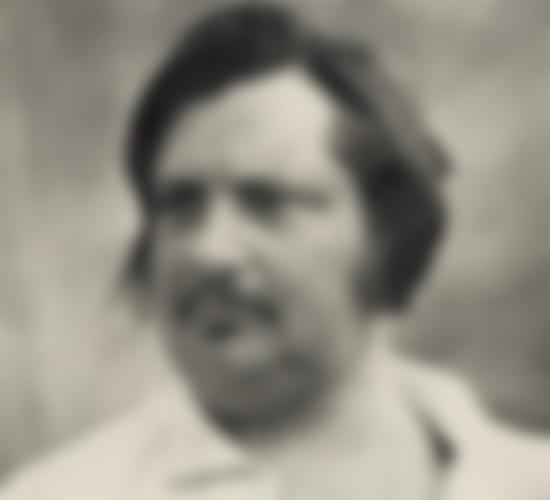
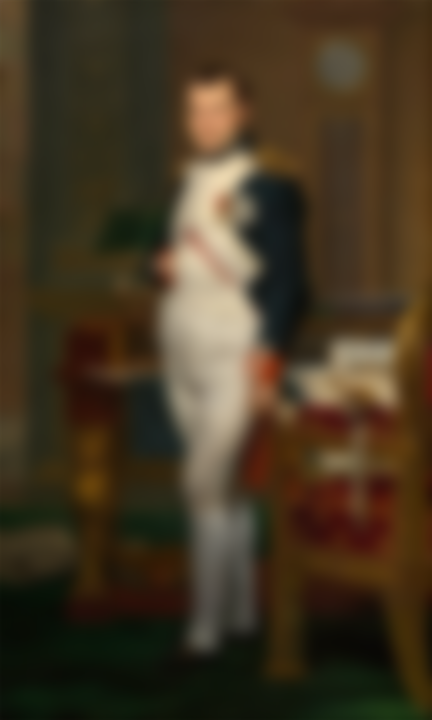
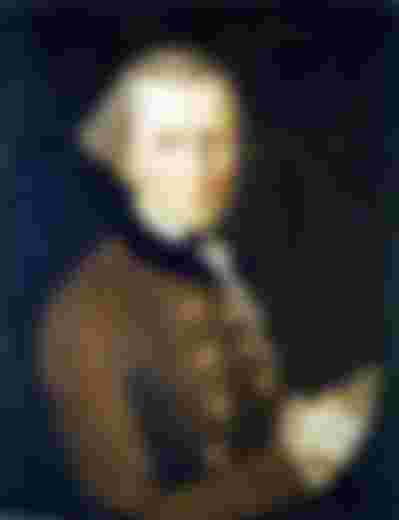
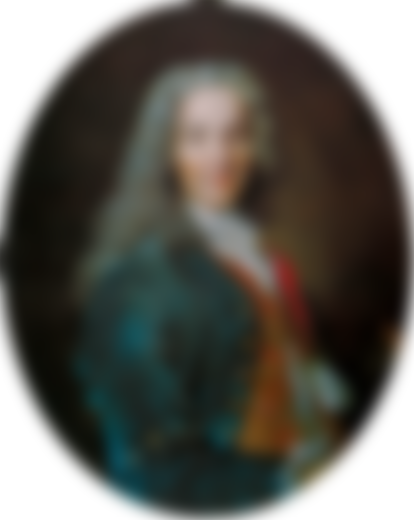
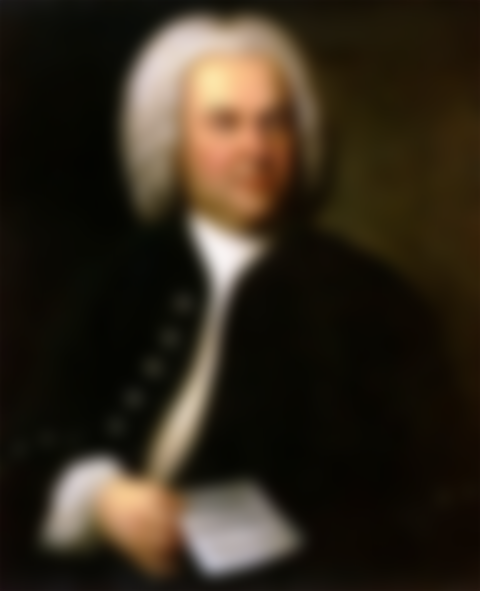
I loove this story very much 11111111111